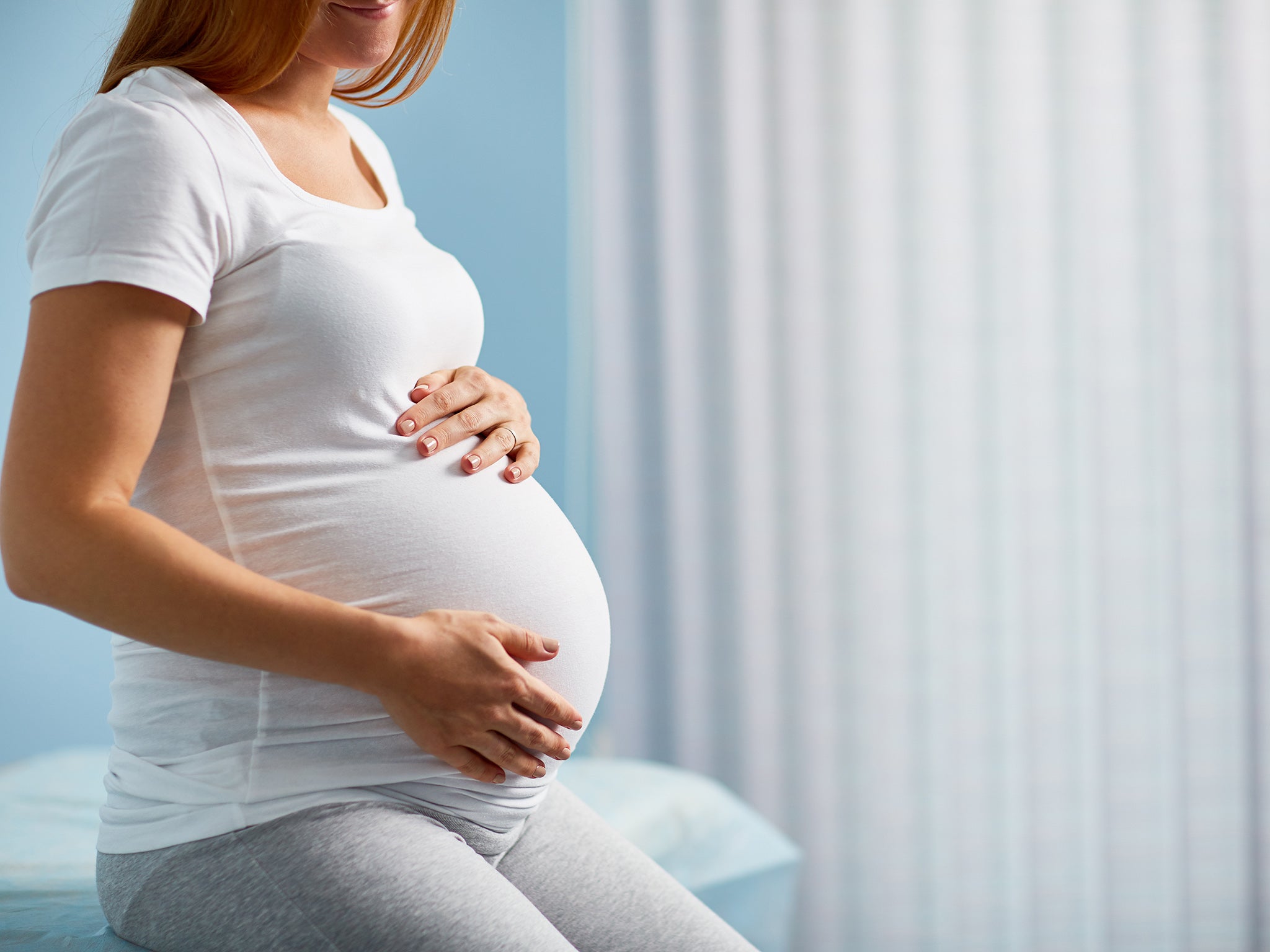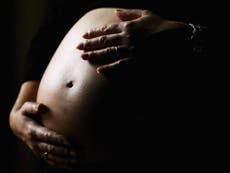Tragedy of stillbirths in Europe underestimated due to statistical guidelines, study suggests
Differing national standards on when baby is considered stillborn are to blame, researchers say

The number of stillbirths across Europe may be significantly underestimated due to a lack of consistency in how the events are recorded, a new report suggests.
Authors of the study in The Lancet wrote that at least one-third of stillbirths were not being picked up by international comparisons.
The difficulty arises because at an international level, the World Health Organisation (WHO) sets a threshold of 28 weeks of pregnancy for identifying stillbirths.
However, individual countries record stillbirths occurring after gestational periods as short as 22 weeks. In the UK a baby born dead after 24 weeks is recorded as stillborn, with the loss of a baby before that time deemed a miscarriage.
Dr Lucy Smith, of the University of Leicester, who led the research, said: “There are major and serious gaps in our knowledge of the burden of stillbirth which will have significant unforeseen impacts on families.
“To a mother or father, a second trimester stillbirth is no less tragic than a stillbirth at 28 weeks of pregnancy or later. These parents also deserve recognition of their loss and accurate reporting of their child’s death to improve care and policy.”
The researchers looked at data on pregnancy outcomes from 22 weeks of gestation from 19 European countries.
They found that in 2015, a total of 2.5 million births resulted in more than 9,300 babies being stillborn. Of these, one-third were stillborn between 22 and 28 weeks of pregnancy and would have been excluded from reports following WHO’s recommendations for global data collection.
Rates of stillbirth from 22 to less than 24 weeks gestation varied six-fold between the countries included in the study.
Dr Smith said: “Wide variation in the number of stillbirths occurring between 22 weeks and 24 weeks is likely to highlight differences in the collection of data across European countries rather than variation in underlying stillbirth risk.”
One in every 200 babies in England is stillborn, according to the NHS.
Earlier this year, NHS England said it believed some 600 stillbirths a year could be prevented if maternity units followed national best practice – guidance known as the Saving Babies’ Lives Care Bundle.
In hospitals where the plan was implemented, stillbirths fell by one-fifth, according to an evaluation by the University of Manchester.
Cutting back smoking during pregnancy, and better monitoring a baby’s growth and movement in pregnancy, had contributed to the improved figures, researchers said.
Additional reporting by PA
Subscribe to Independent Premium to bookmark this article
Want to bookmark your favourite articles and stories to read or reference later? Start your Independent Premium subscription today.


Join our commenting forum
Join thought-provoking conversations, follow other Independent readers and see their replies
Comments